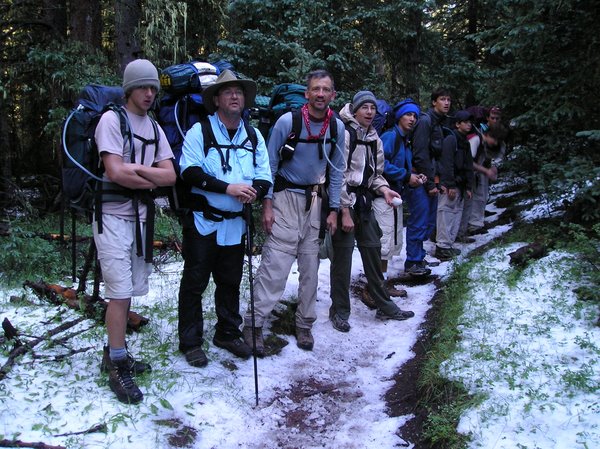From New Scientist 31Mar2011
"But biological molecules have another property: they are chiral. In other words, they exist in either "left-" or "right-handed" forms that can't be superimposed on one another. Double-stranded DNA molecules are doubly chiral -- both in the arrangement of the individual strands and in the direction of the helices' twist. Naaman knew from previous studies that some chiral molecules can interact in different ways with the two different spins. Together with Prof. Zeev Vager of the Particle Physics and Astrophysics Department, research student Tal Markus, and Prof. Helmut Zacharias and his research team at the University of Münster, Germany, he set out to discover whether DNA might show some spin-selective properties.
The researchers fabricated self-assembling, single layers of DNA attached to a gold substrate. They then exposed the DNA to mixed groups of electrons with both directions of spin. Indeed, the team's results surpassed expectations: The biological molecules reacted strongly with the electrons carrying one of those spins, and hardly at all with the others. The longer the molecule, the more efficient it was at choosing electrons with the desired spin, while single strands and damaged bits of DNA did not exhibit this property. These findings imply that the ability to pick and choose electrons with a particular spin stems from the chiral nature of the DNA molecule, which somehow "sets the preference" for the spin of electrons moving through it.
In fact, says Naaman, DNA turns out to be a superb "spin filter," and the team's findings could have relevance for both biomedical research and the field of spintronics. If further studies, for instance, bear out the finding that DNA only sustains damage from spins pointing in one direction, then exposure might be reduced and medical devices designed accordingly. On the other hand, DNA and other biological molecules could become a central feature of new types of spintronic devices, which will work on particle spin rather than electric charge, as they do today."
Subscribe to:
Post Comments (Atom)



No comments:
Post a Comment